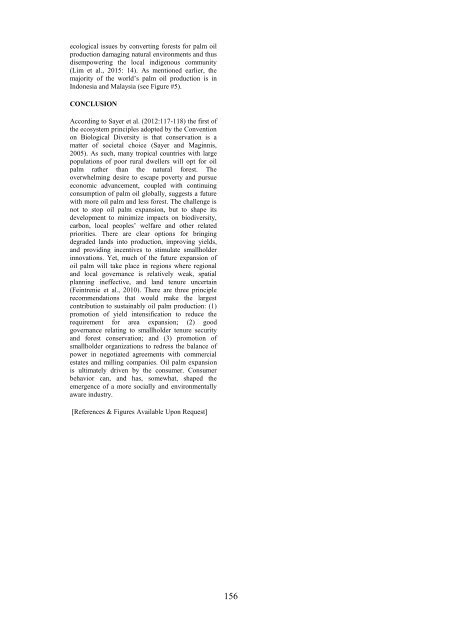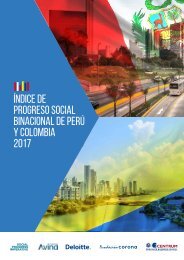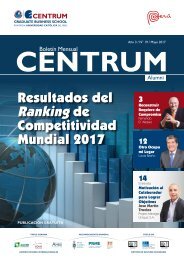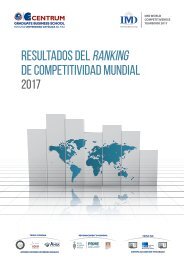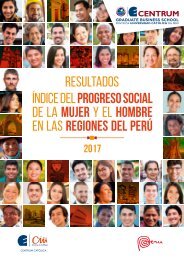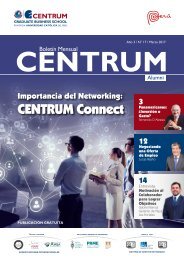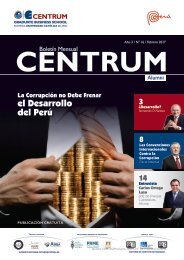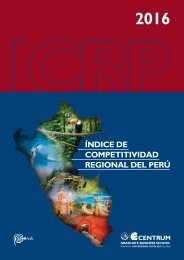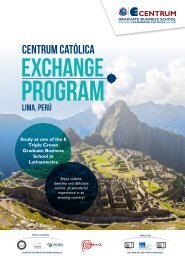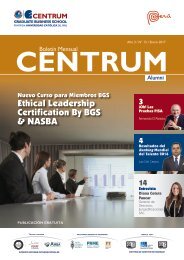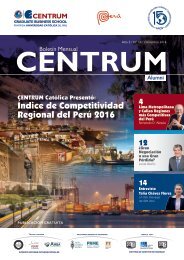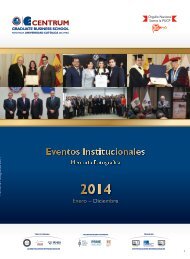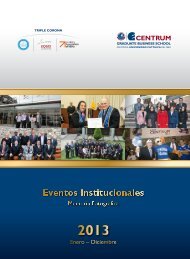Pan-Pacific Conference XXXIV. Designing New Business Models in Developing Economies
This publication represents the Proceedings of the 34th Annual Pan-Pacific Conference being held in Lima, Peru May 29-31, 2017. The Pan-Pacific Conference has served as an important forum for the exchange of ideas and information for promoting understanding and cooperation among the peoples of the world since 1984. Last year, we had a memorable conference in Miri, Malaysia, in cooperation with Curtin University Sarawak, under the theme of “Building a Smart Society through Innovation and Co-creation.” Professor Pauline Ho served as Chair of the Local Organizing Committee, with strong leadership support of Pro Vice-Chancellor Professor Jim Mienczakowski and Dean Jonathan Winterton.
This publication represents the Proceedings of the 34th Annual Pan-Pacific Conference being held in Lima, Peru May 29-31, 2017. The Pan-Pacific Conference has served as an important forum for the exchange of ideas and information for promoting understanding and cooperation among the peoples of the world since 1984. Last year, we had a memorable conference in Miri, Malaysia, in cooperation with Curtin University Sarawak, under the theme of “Building a Smart Society through Innovation and Co-creation.” Professor Pauline Ho served as Chair of the Local Organizing Committee, with strong leadership support of Pro Vice-Chancellor Professor Jim Mienczakowski and Dean Jonathan Winterton.
Create successful ePaper yourself
Turn your PDF publications into a flip-book with our unique Google optimized e-Paper software.
ecological issues by convert<strong>in</strong>g forests for palm oil<br />
production damag<strong>in</strong>g natural environments and thus<br />
disempower<strong>in</strong>g the local <strong>in</strong>digenous community<br />
(Lim et al., 2015: 14). As mentioned earlier, the<br />
majority of the world’s palm oil production is <strong>in</strong><br />
Indonesia and Malaysia (see Figure #5).<br />
CONCLUSION<br />
Accord<strong>in</strong>g to Sayer et al. (2012:117-118) the first of<br />
the ecosystem pr<strong>in</strong>ciples adopted by the Convention<br />
on Biological Diversity is that conservation is a<br />
matter of societal choice (Sayer and Mag<strong>in</strong>nis,<br />
2005). As such, many tropical countries with large<br />
populations of poor rural dwellers will opt for oil<br />
palm rather than the natural forest. The<br />
overwhelm<strong>in</strong>g desire to escape poverty and pursue<br />
economic advancement, coupled with cont<strong>in</strong>u<strong>in</strong>g<br />
consumption of palm oil globally, suggests a future<br />
with more oil palm and less forest. The challenge is<br />
not to stop oil palm expansion, but to shape its<br />
development to m<strong>in</strong>imize impacts on biodiversity,<br />
carbon, local peoples’ welfare and other related<br />
priorities. There are clear options for br<strong>in</strong>g<strong>in</strong>g<br />
degraded lands <strong>in</strong>to production, improv<strong>in</strong>g yields,<br />
and provid<strong>in</strong>g <strong>in</strong>centives to stimulate smallholder<br />
<strong>in</strong>novations. Yet, much of the future expansion of<br />
oil palm will take place <strong>in</strong> regions where regional<br />
and local governance is relatively weak, spatial<br />
plann<strong>in</strong>g <strong>in</strong>effective, and land tenure uncerta<strong>in</strong><br />
(Fe<strong>in</strong>trenie et al., 2010). There are three pr<strong>in</strong>ciple<br />
recommendations that would make the largest<br />
contribution to susta<strong>in</strong>ably oil palm production: (1)<br />
promotion of yield <strong>in</strong>tensification to reduce the<br />
requirement for area expansion; (2) good<br />
governance relat<strong>in</strong>g to smallholder tenure security<br />
and forest conservation; and (3) promotion of<br />
smallholder organizations to redress the balance of<br />
power <strong>in</strong> negotiated agreements with commercial<br />
estates and mill<strong>in</strong>g companies. Oil palm expansion<br />
is ultimately driven by the consumer. Consumer<br />
behavior can, and has, somewhat, shaped the<br />
emergence of a more socially and environmentally<br />
aware <strong>in</strong>dustry.<br />
[References & Figures Available Upon Request]<br />
156


